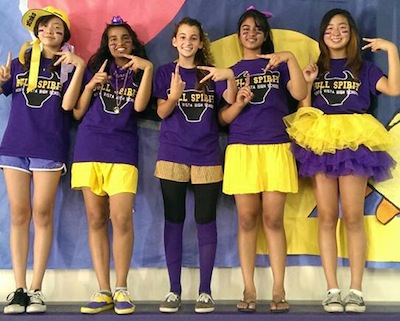Relentless campaigning, determined and hopeful attitudes, and off-the-books anger constitute the classic election. On campus, students experience this firsthand during class officer elections. This initial immersion into the republican process — the most ubiquitous political structure in the world — serves to inform high school students of the importance of the democratic model. However, this model stresses not only direct but also complete and fair representation. The Founding Fathers believed in that, and Community Commission appears to concur with the preponement of freshmen class officer elections, an efficacious measure.

Breaking with tradition, Community Commission held two separate elections this May at Lawson Middle School and Kennedy Middle School — a move that, although enacted in response to an earlier Homecoming, served far more than its intended purpose. While both ASB President Marisa Yang and Assistant Principal Mike White said that the earlier elections have helped the freshmen class adjust to the new schedule, the new system has also fostered a more representative body.
For the past five years, every freshman class officer has attended KMS, a product of the alumni’s overwhelming majority within the youngest class. This year, with three seats delegated to KMS and two to LMS, the freshmen class officership better embodies the freshmen class as a whole, in contrast to uneven representation in previous years.
A representative body bases its legitimacy off of popular consent. While a direct election may satisfy in that respect, the ballot’s failure to provide a voice to the entire body cripples it in another. A freshman from LMS, as a result of his lack of representation, may have felt unduly ignored in elections past. By holding elections two months earlier than usual at the two primary feeder schools, Community Commission solved two problems with one simple solution, the preponement of elections, which should be used in future years.








